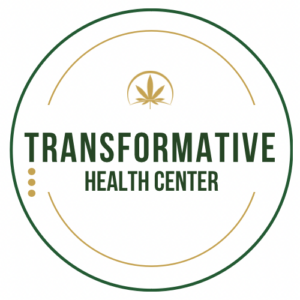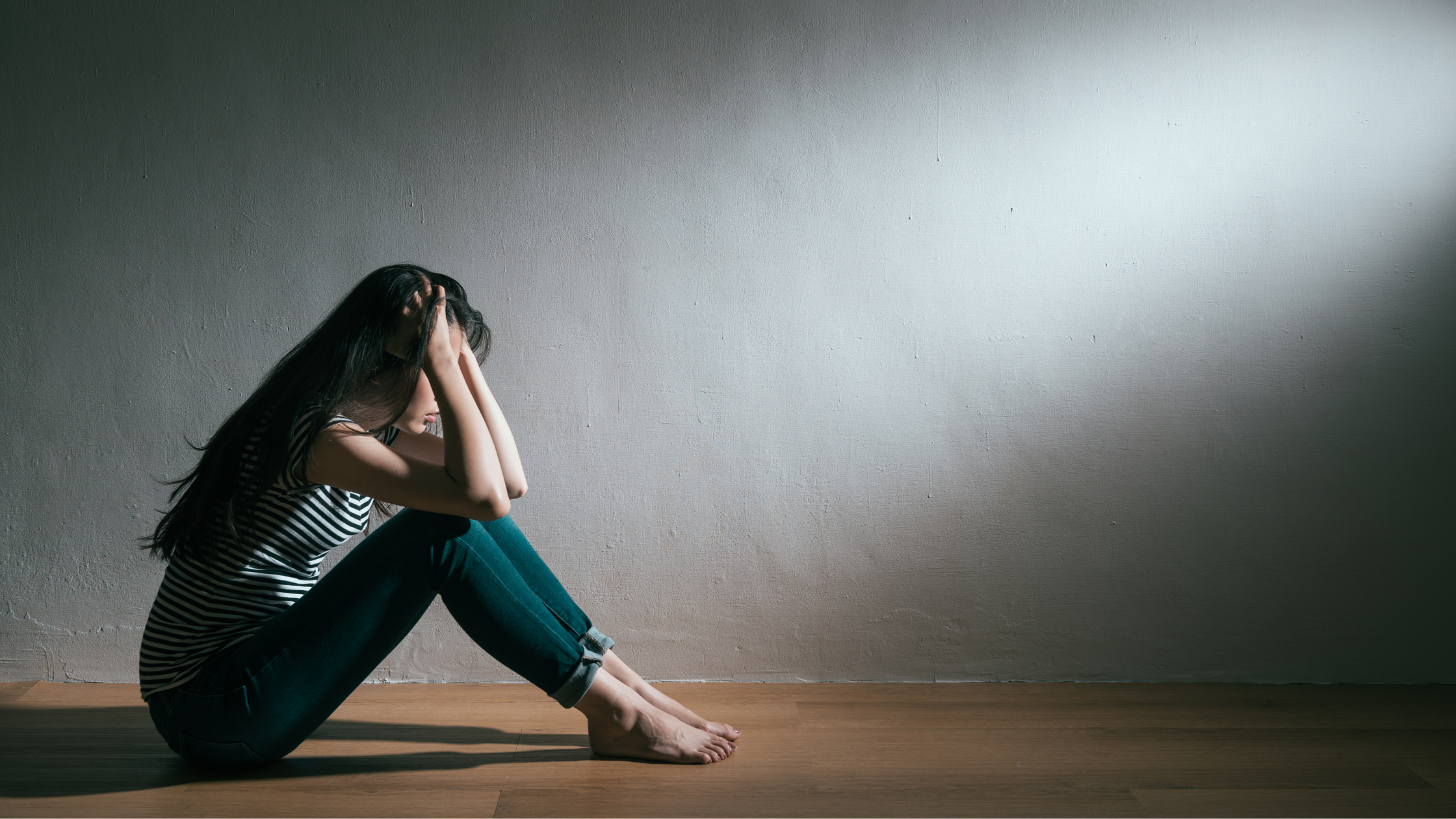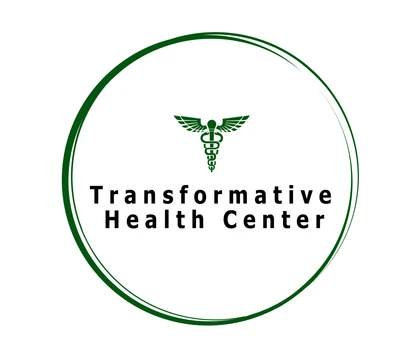In the past few years, over 30 U.S. territories of Guam, the District of Columbia, Puerto Rico, and the U.S. Virgin Islands have legally allowed the use of medical marijuana. Debate ensued over the conditions that warrant a patient using medical marijuana.
Many individuals diagnosed with depression report finding relief by using medical marijuana. Depression is a common disorder that affects over 300 million people globally, as shown by the Hope for Depression Research Foundation statistics. Anxiety disorders affect about 4% of the population in the U.S. alone.
With the legalization of medical marijuana and step-up efforts to get the best support for depression, tests on cannabis products with tetrahydrocannabinol (THC) or cannabidiol (CBD) increased. Many patients are already using marijuana products to support depression and anxiety disorders. However, scientific research to prove the efficacy of using medical marijuana to treat symptoms of depression is not yet conclusive.
Can Marijuana Help Depression?
In February 2015, an article on the University of Buffalo’s News reported on a recent study the use of medical marijauna for deperession. Here’s what they had to say, “The findings raise the possibility that components of marijuana may be useful in reducing depression that results from chronic stress. In the animal models we studied, we saw that chronic stress reduced the production of endocannabinoids, leading to depression-like behavior,” says RIA senior research scientist Samir Haj-Dahmane, PhD.”
A test on rats showed that endocannabinoid production is much lower in cases of chronic states than under normal conditions. The researchers concluded that chemical ion compounds are valuable in treating and restoring typical endocannabinoid functions to potentially alleviate symptoms of depression.
Risks and Warnings
There is no clear evidence that suggests the effect of marijuana on depression.
Marijuana can be linked with various mental health disorders. Furthermore, people at high risk of psychosis should know that marijuana may trigger psychosis or schizophrenia. Symptoms include delusions and hallucinations.
The potential side effects of marijuana are unique and depend on how a user takes it. Medical marijuana is available as pills, sprays, or patches.
More Studies Needed
Another body of scientists report that various research on using cannabis for depression has several limitations, including reliance on self-reporting and other factors. It is essential to have further investigation to explore the dosage and efficacy of the support.
It is essential to talk to your doctor to find the proper dosage that will help you alleviate depression symptoms. With an appropriate treatment plan, you can achieve the benefits of using marijuana to treat depression.
A Word from Transformative Health
With more states legalizing the use of medical marijuana, researchers are likely to continue the exploration and relationship between marijuana and depression. Until today, no one can conclusively say it is safe to use medical marijuana to treat depression. It requires more legitimate scientific research to prove or disprove the efficacy of medical marijuana.
If you are suffering from depression and considering using medical marijuana as your treatment option, consider working closely with your doctor to weigh the pros and cons. Contact us today at Transformative Health when you need data-driven emergency medical services and optimized mobile integrated healthcare solutions.
 Skip to content
Skip to content


